Taniksha Khatri’s Journey of Fencing Against All Odds
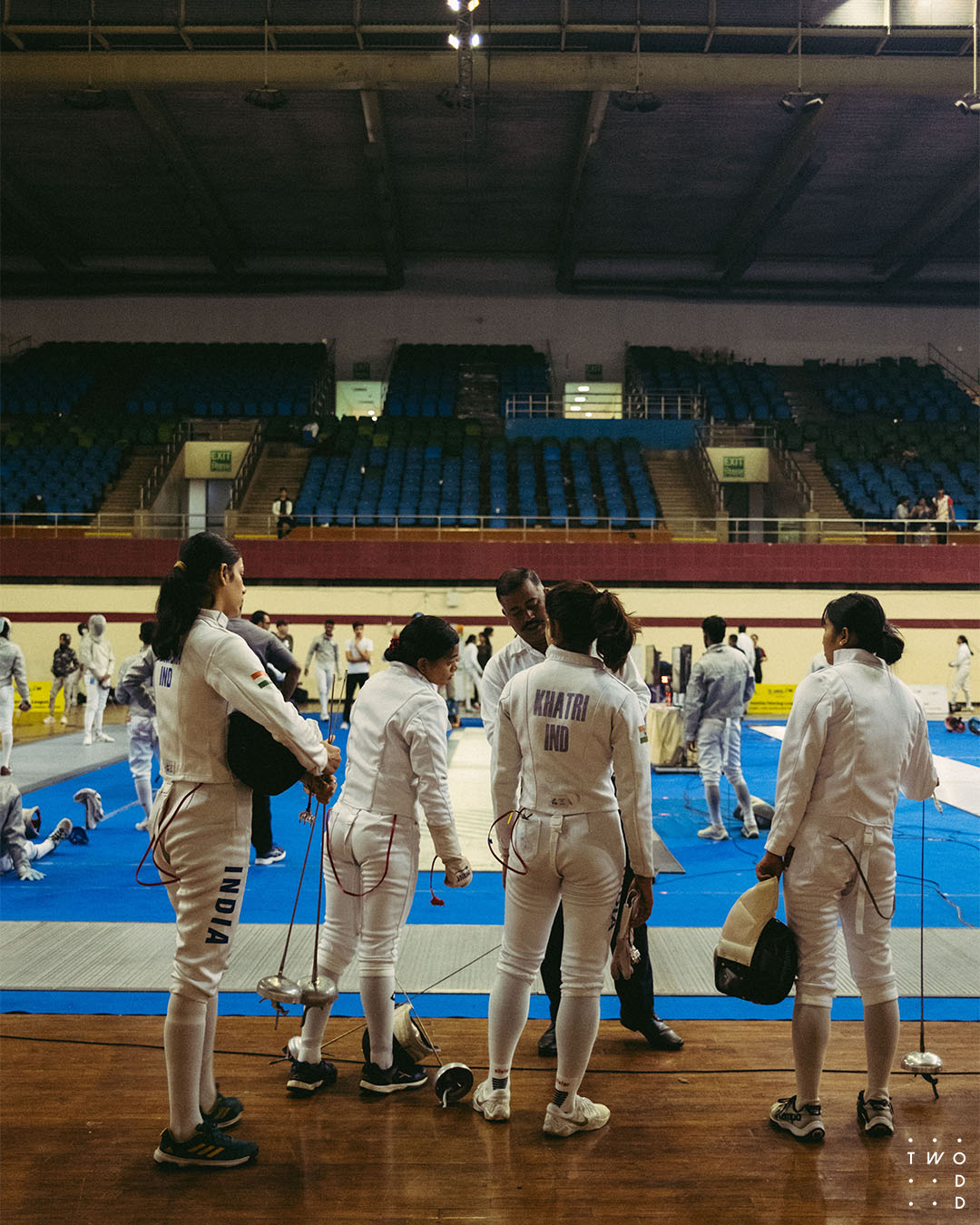
Beyond The Field is a series that explores the world of unconventional sports, highlighting the female athletes who defy norms and break barriers and what it took for them to get there. In this series, we portray these athletes through a collection of imagery that captures their boldness and individuality whether it be during their intense training sessions or moments of vulnerability.
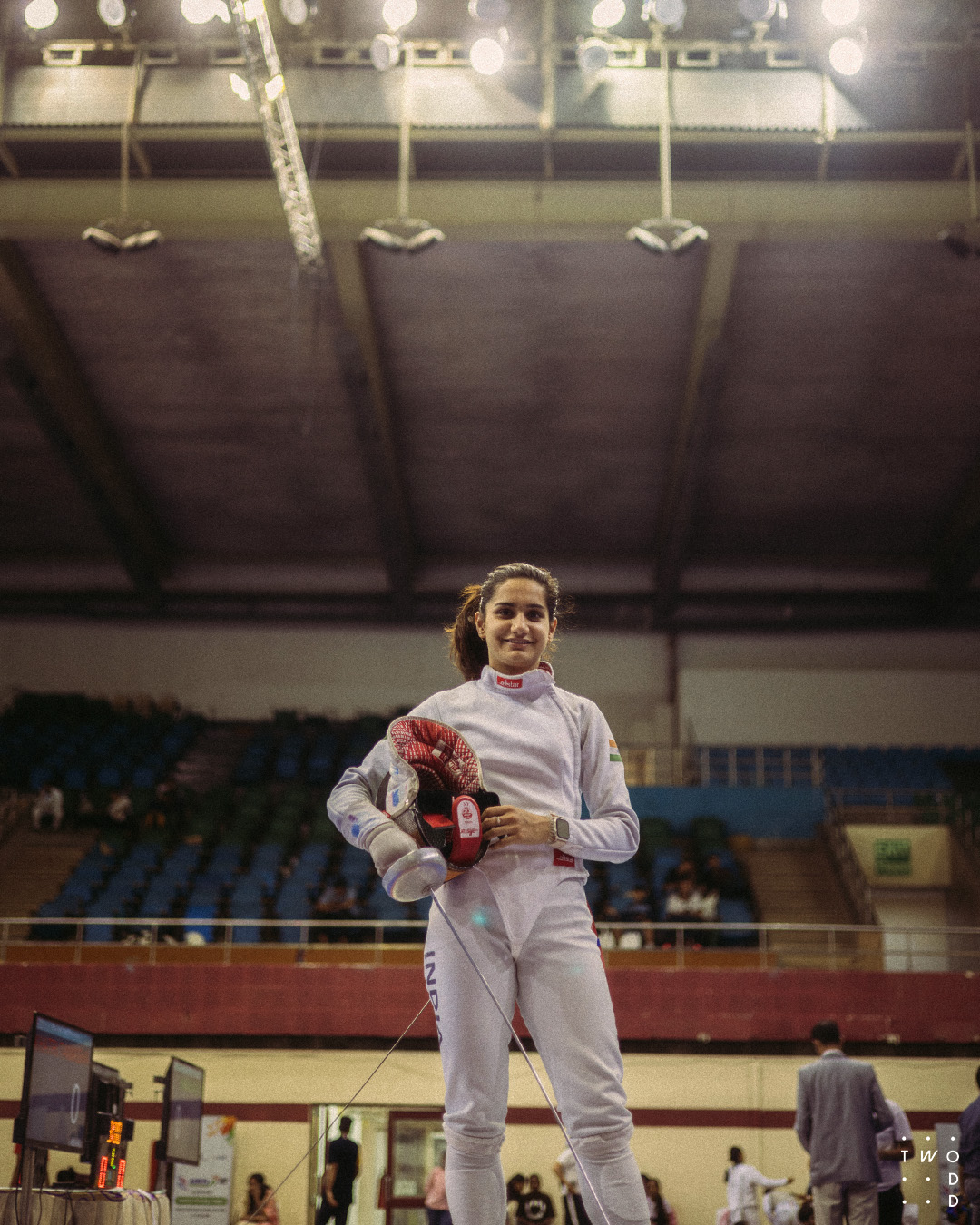
Growing up as a young girl in a small town in India can be challenging enough, but dreaming of becoming India’s Olympic champion in a sport that most people in your community have probably never even heard of adds another layer of difficulty. The Beyond The Field series begins with an inspiring example of this—an Indian fencer, Taniksha Khatri, who is a rising star specialising in the épée category, with a growing list of international achievements and national-level victories. Her narrow miss at qualifying for the Paris 2024 Olympics became a powerful motivator, reminding her that success is often forged through setbacks. She represents the changing face of Indian sportswomen.
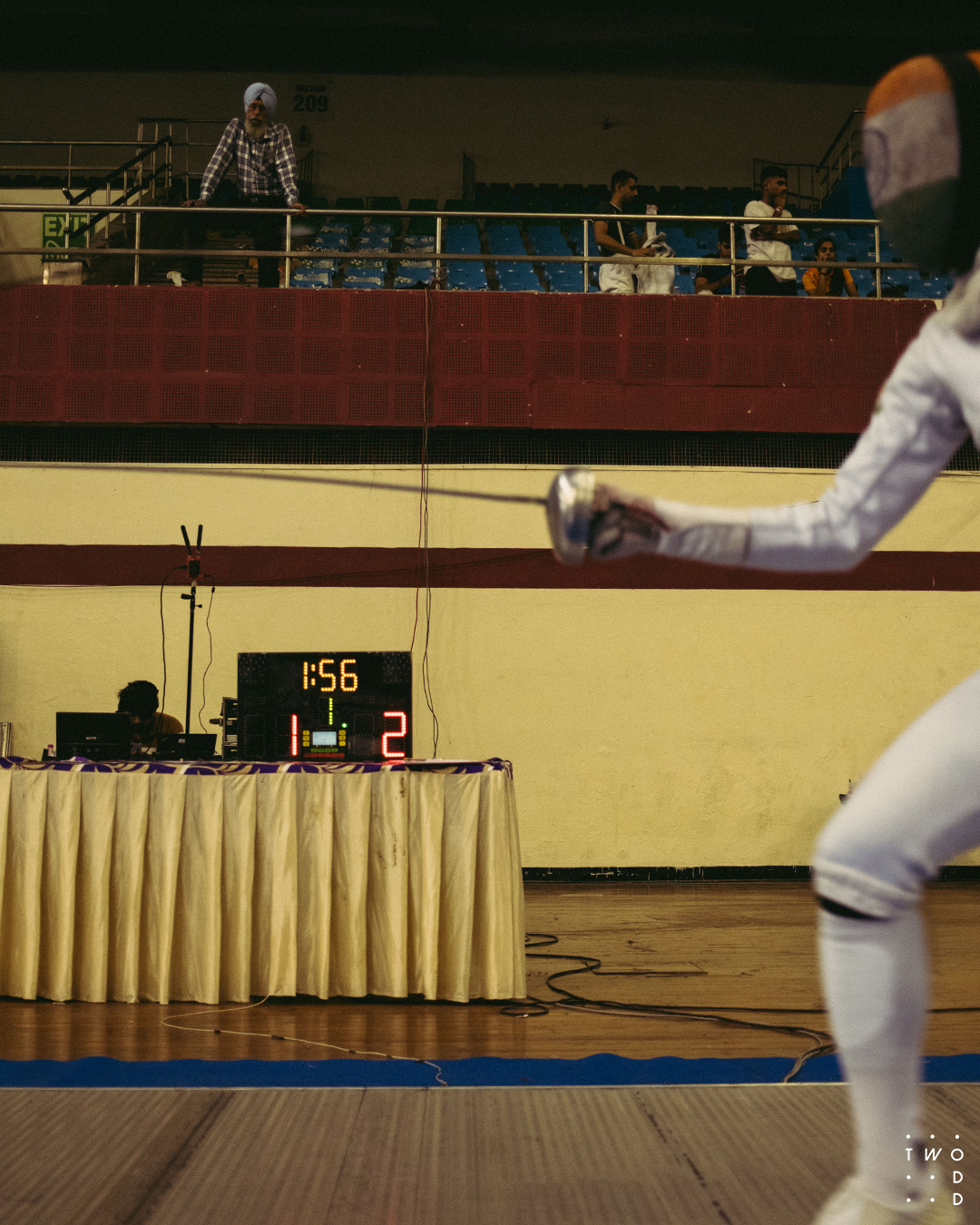
Currently training in Paris under world-renowned coaches and overcoming the unique challenges of competing at the highest level, Taniksha's journey is a powerful blend of determination and defiance. In a country where women in any form of sport face constant judgement and scrutiny, her story is not just about sporting triumph—it's a bold stand for gender equality.
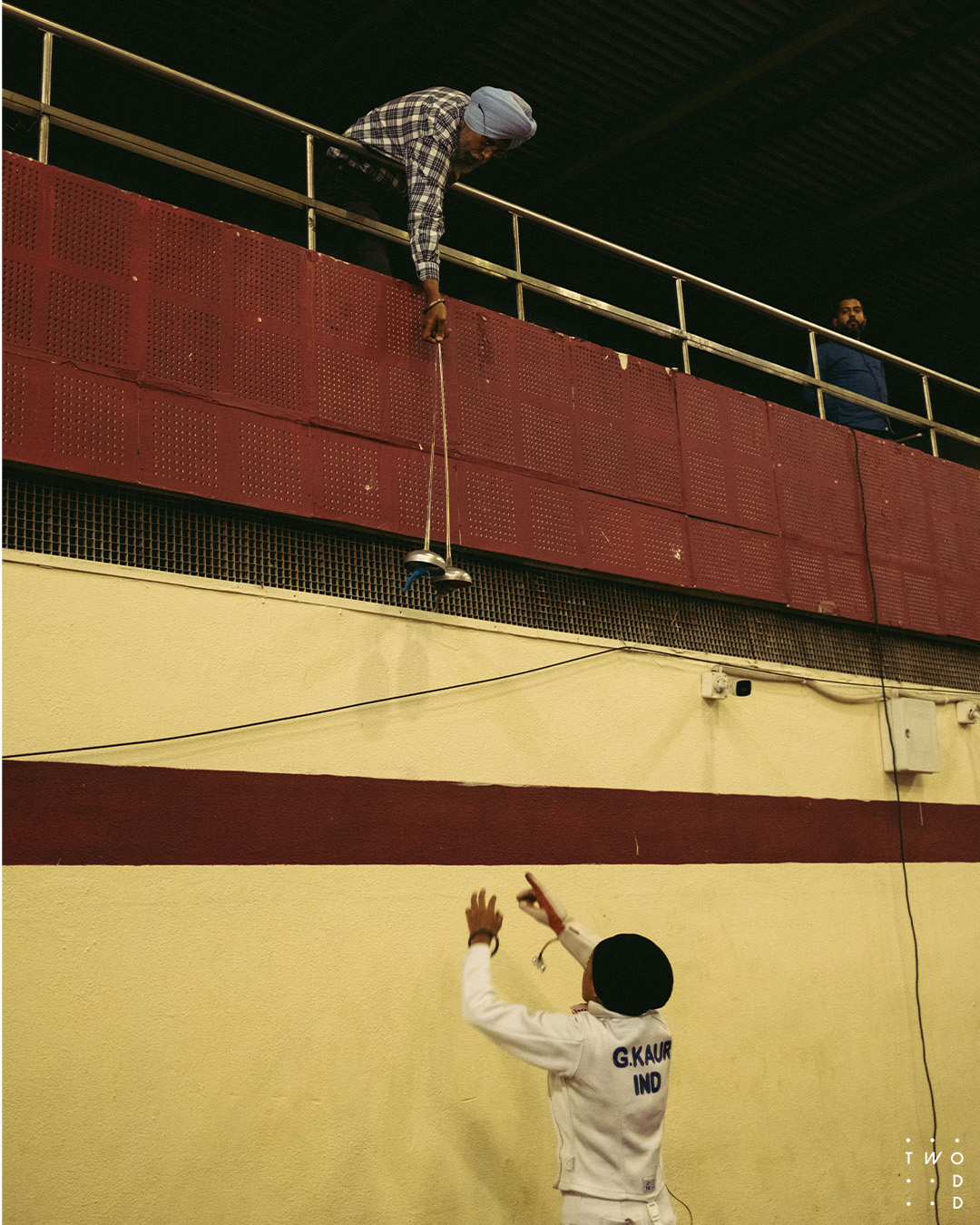
Fencing, in particular, stands as a powerful metaphor for empowerment, with its reliance on discipline, agility, and mental fortitude. For Taniksha, the sport mirrors the struggle many women face in carving out their identity in male-dominated spaces. As she explains, “Fencing requires concentration, flexibility, and speed — traits that I found incredibly empowering. It has taught me independence, to trust in myself, and to push beyond societal expectations.”
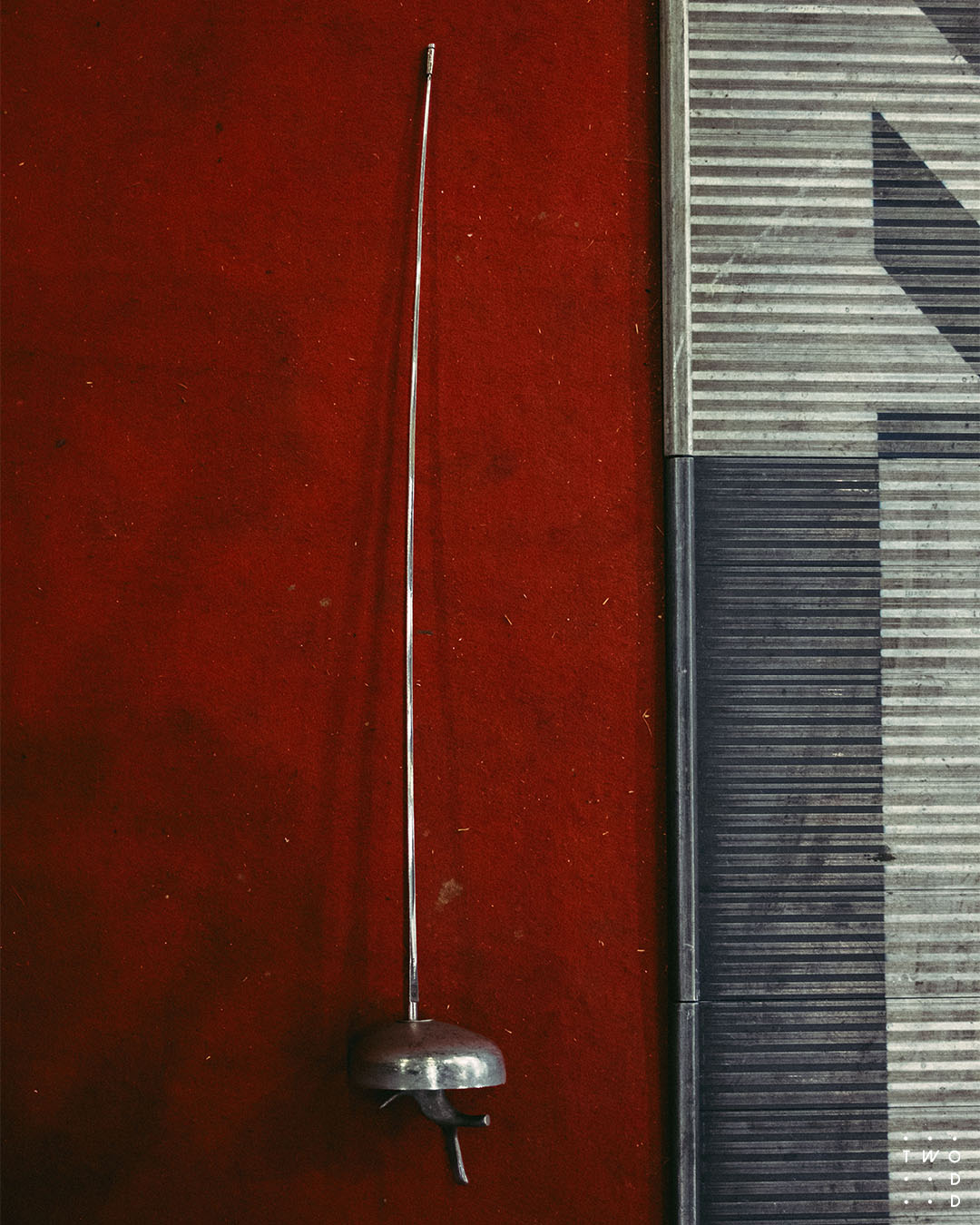
In India, fencing is far from a conventional choice for women, a fact Taniksha knows all too well. Coming from a small town in Haryana, she was met with a lot of concerns from those who questioned her freedom and ambition. "People said I shouldn’t have this much freedom," she recalls, indicating the deeply ingrained gender stereotypes created by “aunties and uncles” that limited the dreams of many young women around her. At 13, when she moved to Punjab to start training, those around her were still wary of her involvement in fencing, and she was viewed as an anomaly, defying the cultural expectations that girls should not be involved in such a rigorous, physically demanding sport.
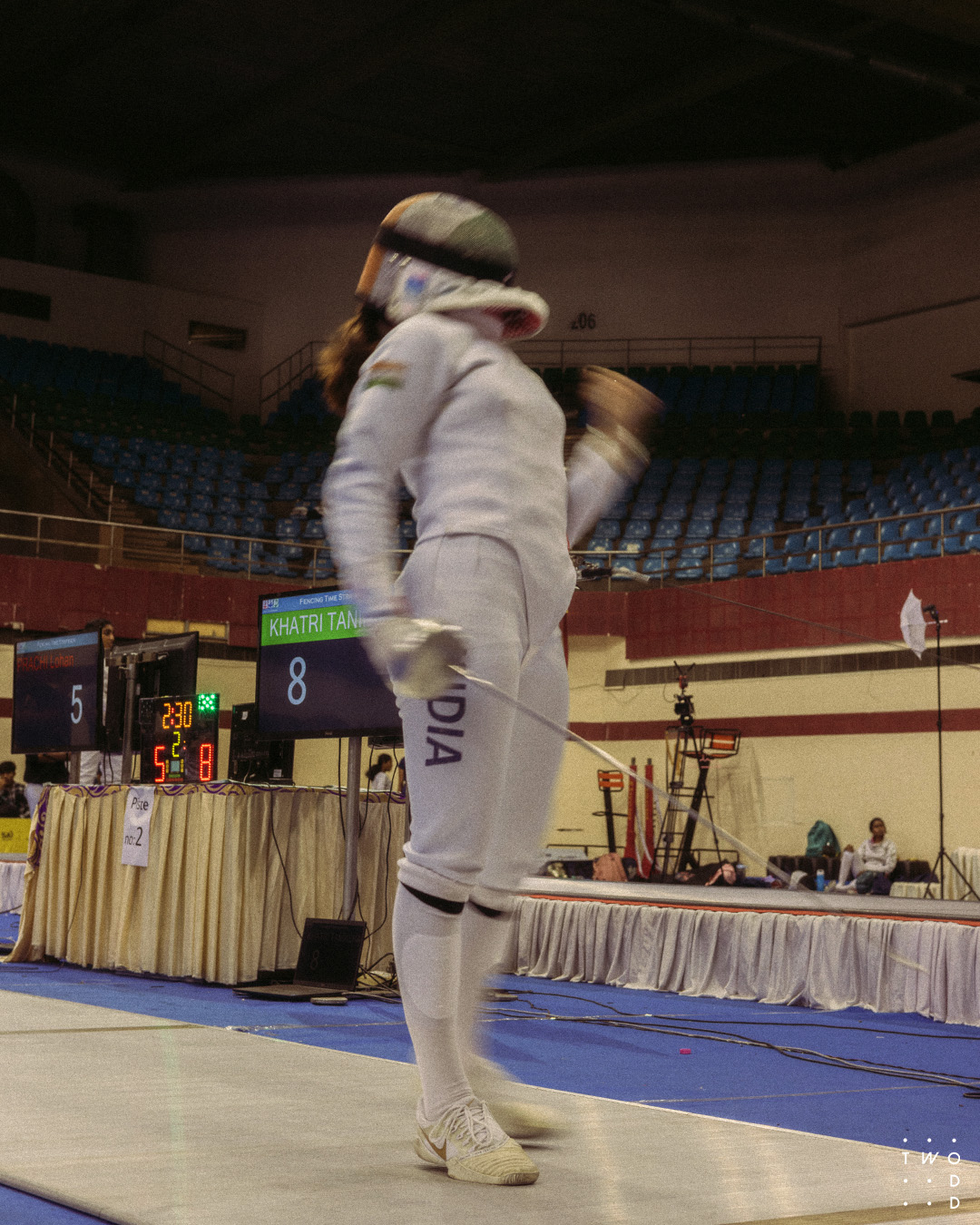
Her days at the hostel in Punjab began at 6:30 AM with a morning training session, followed by breakfast, rehabilitation, and physiotherapy exercises. After a quick 1-2 hour nap, she would prepare for the evening training session, wrapping up the day with dinner to refuel for the next day. All of this for a young teenager, who is not only pursuing her athletic dreams but also navigating the challenges of adolescence in a highly demanding environment. What does it take to rise about it all?
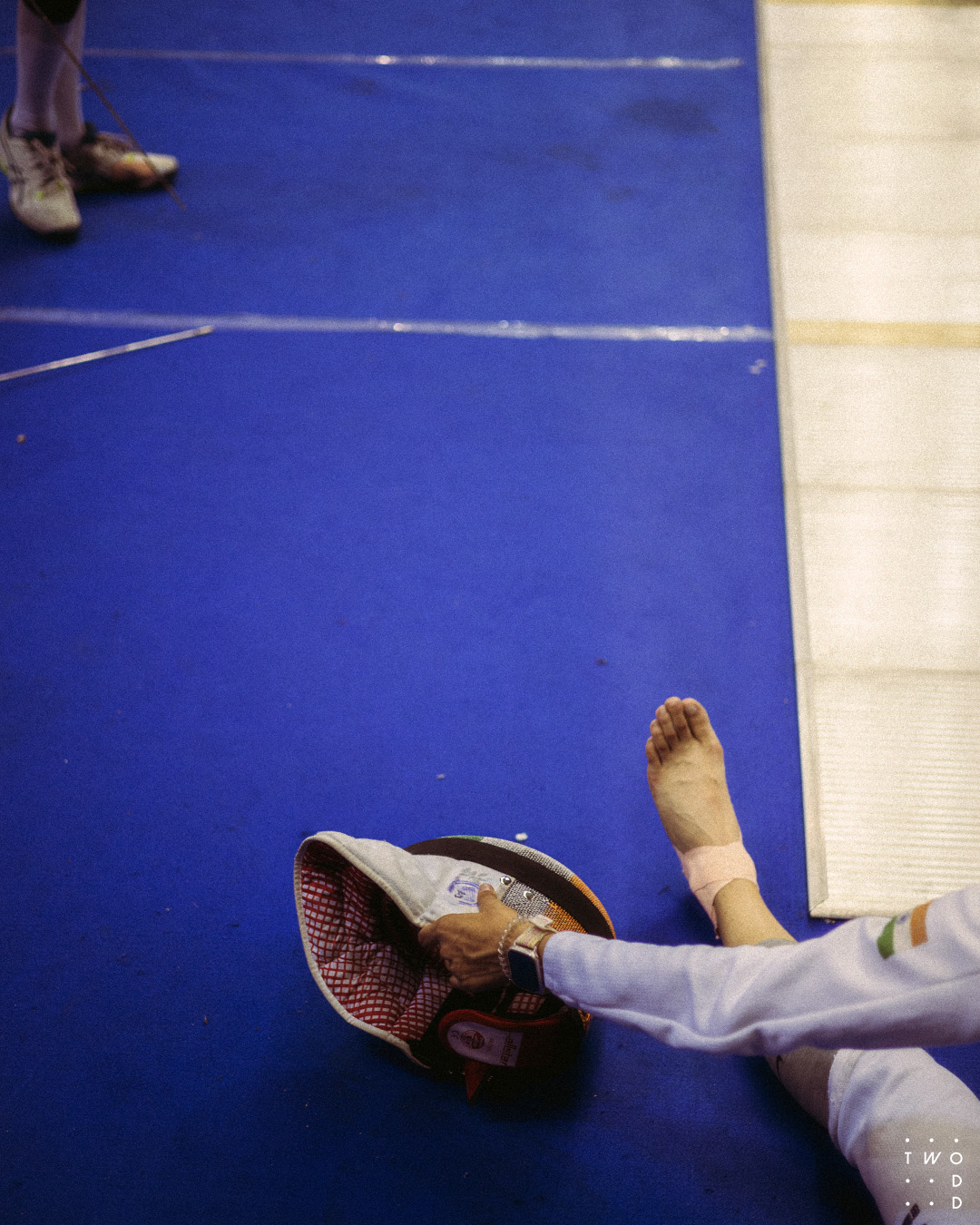
“At times, it felt like the whole world was against me. When people told me I couldn’t do it, I leaned on my Papa’s belief in me. He always made sure I had the freedom to pursue what I loved,” she reflected. With her father's unwavering support as a foundation, Taniksha found the strength to challenge societal stereotypes. His encouragement empowered her to stand firm against social pressures, transforming her determination into one of her most inspiring qualities.
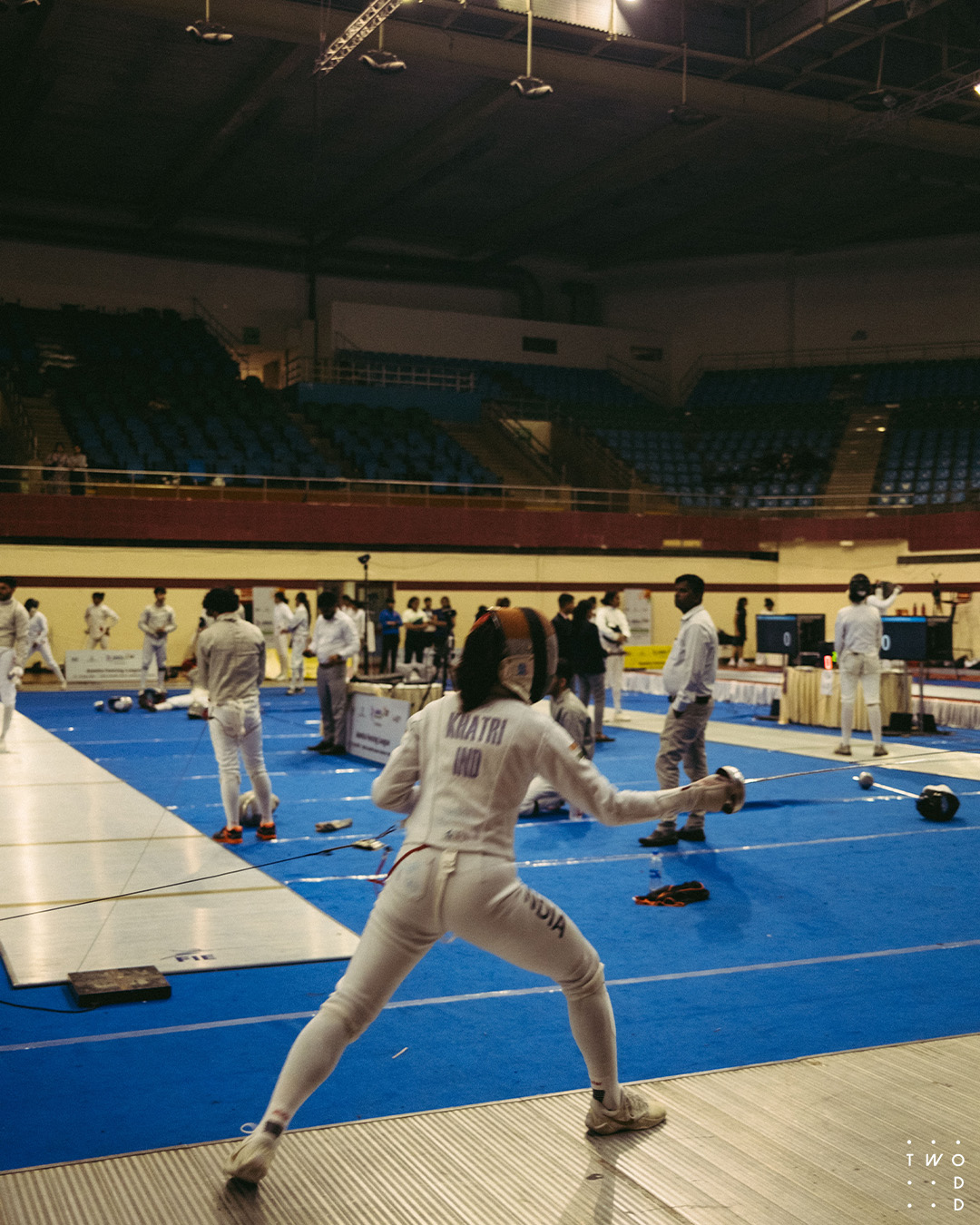
Taniksha’s father, a former athlete himself, plays a pivotal role in guiding her journey—a rarity in India, especially for a young teenage girl pursuing a niche sport. Despite having to retire from sports due to back surgery, he remained deeply involved in her career, pushing her to continue where he had to stop. His persistent encouragement and willingness to challenge the negative voices in their community are not only remarkable but also incredibly unique. In a landscape where supportive parents in sports are scarce, his commitment allowed Taniksha to focus on honing her skills, ultimately leading her to international success.

We had the opportunity to speak with Taniksha’s father, Sh. Sonu Khatri, to understand what went behind his decision to support Taniksha in her journey in fencing. As Taniksha so gratefully puts it, this is as much his story as hers.
“The initial years of Taniksha’s fencing career were especially challenging for the entire family. Taniksha began participating in senior, junior, 0/23, 0/17, and sub-junior nationals in 2016. I accompanied her to all these matches throughout India, which used up most of my salary. Being from a middle-class family, we had to run the household with the earnings from her mom’s tuition,” he shared.
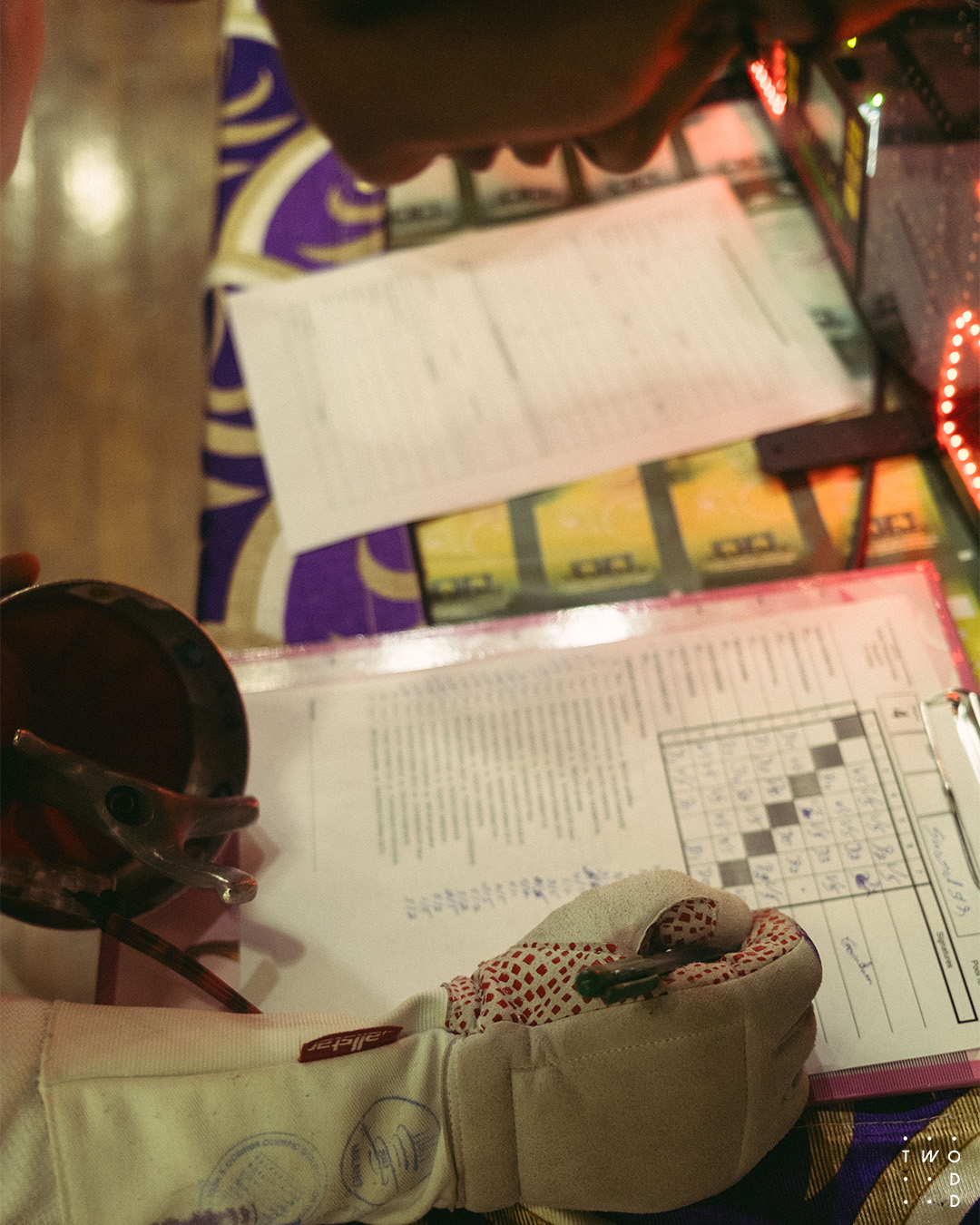
He also told us about the time Taniksha closely lost a few international matches owing to the lack of funds for international training, which at that point was pertinent. However, in 2019, Tanishka’s father sent her to train in Paris for three months at his own expense, which led her to win three senior national matches and be runner-up in one.
Mr. Khatri is a testament to a father’s role in a daughter’s life and how the right kind of encouragement and motivation can drive them to take anything that comes their way. It is also the kind of support that her friends gave her that got her through the challenging time of her injury after the fencing World Cup and the news of her father’s near-fatal heart attack.
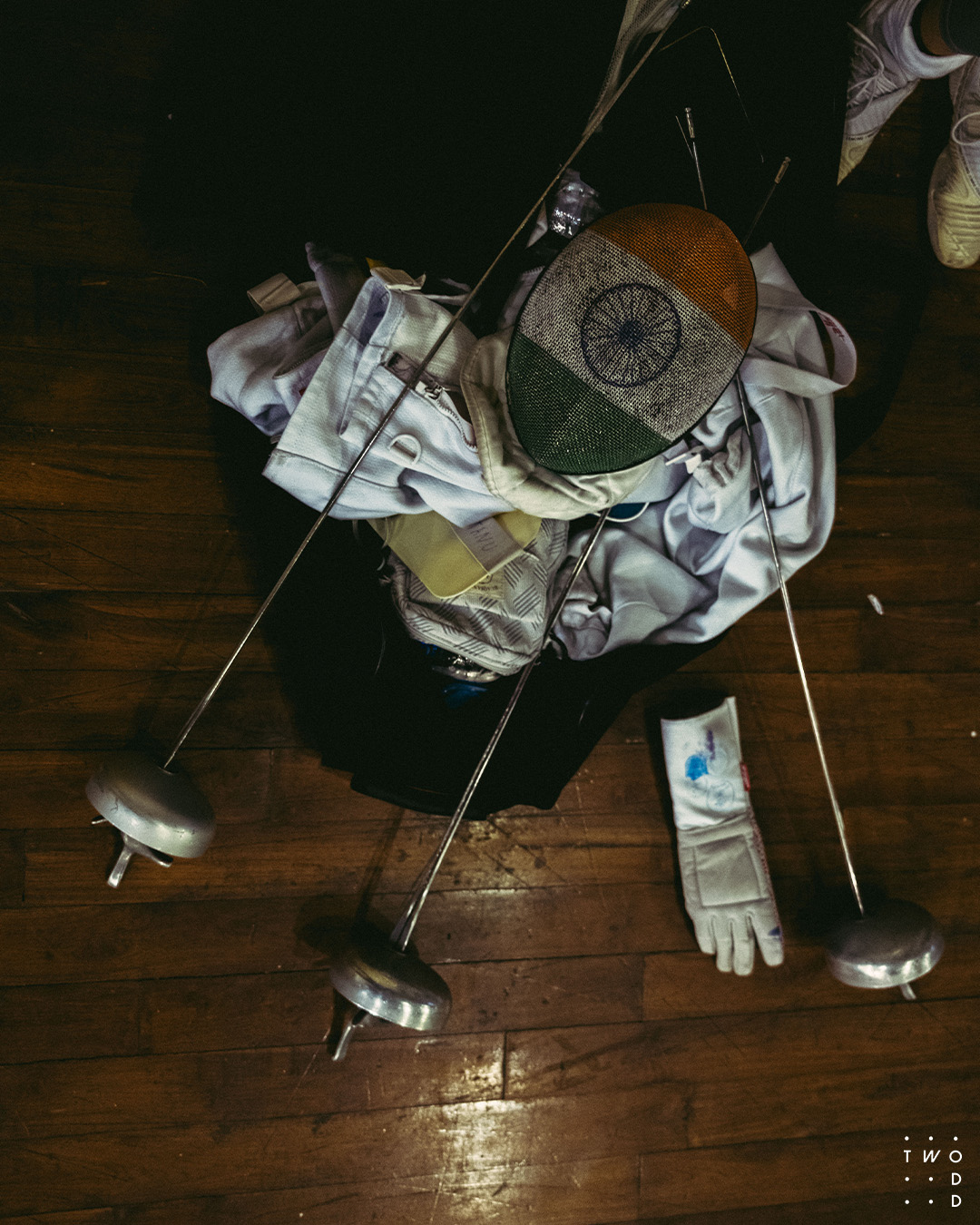
Finding a strong support system is what kept Taniksha going through all the hardships and sometimes loneliness in a foreign country.
“I have a time limit for social media, and before competitions, I avoid using my phone to steer clear of any negative comments on my posts, which are unfortunately quite common. Although my best friend, without fail, always responds back to these rude comments from another account! I love her for this—she’s so loyal, and it lets me stay focused without any distractions. My friends are my support system that pushes me to be the best version of myself.”
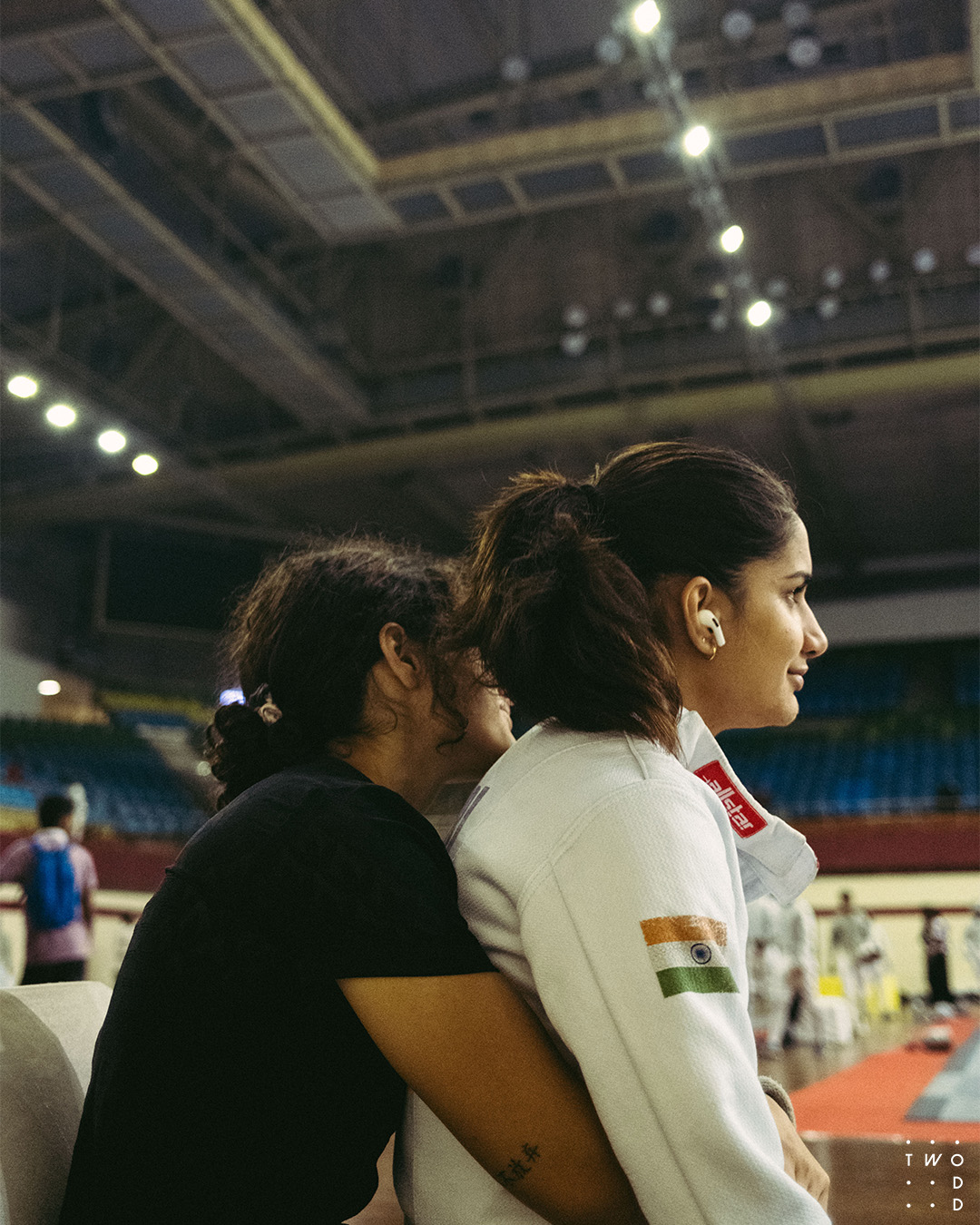
She expresses that she is indifferent to the naysayers; the dogmatic opinions of a repressive system and has ears only for her friends and family who cheer her on all the way to Paris and the Olympic Qualifiers. Taniksha’s journey exemplifies the potential for change when young women are uplifted and empowered by those around them.
“I have fallen four to five times during a match and posted all of them on my social media. It’s all part of the game; we fall, get back up, play through injuries, win, and sometimes even lose.” she recounts as she speaks to the values that she upholds and endorses to the newer generation of female athletes and fencers.
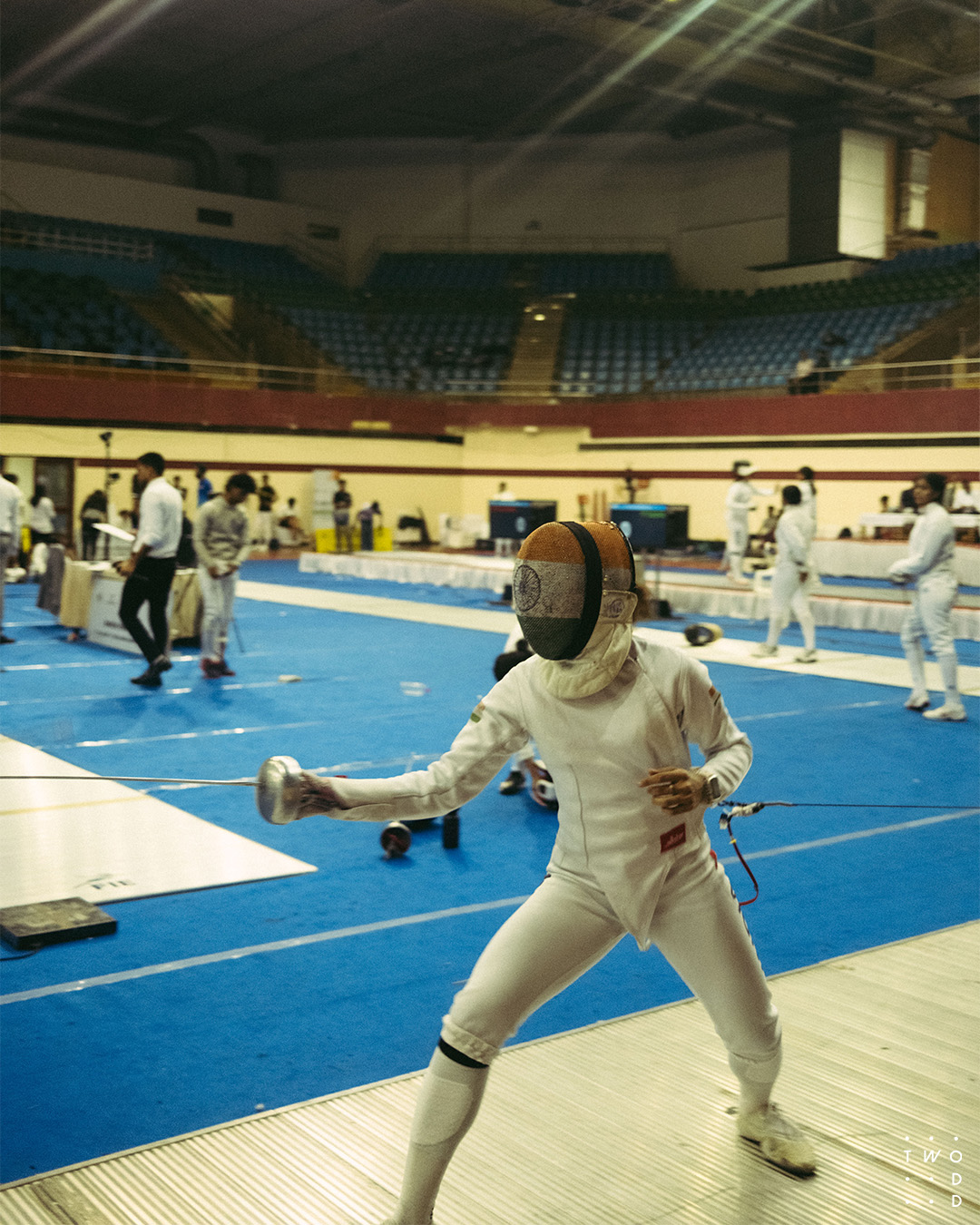
Taniksha has displayed herself as a prime example for future athletes through her social media and will continue to shed light on the importance of breaking barriers for women in traditionally male-dominated fields. This begs the question: What if the future of women in sports could look different—not just in terms of opportunities, but in how society views their potential? Taniksha’s journey proves that the path to success isn’t always linear, but with persistence and having the right support system, women can quite literally redefine the playing field.
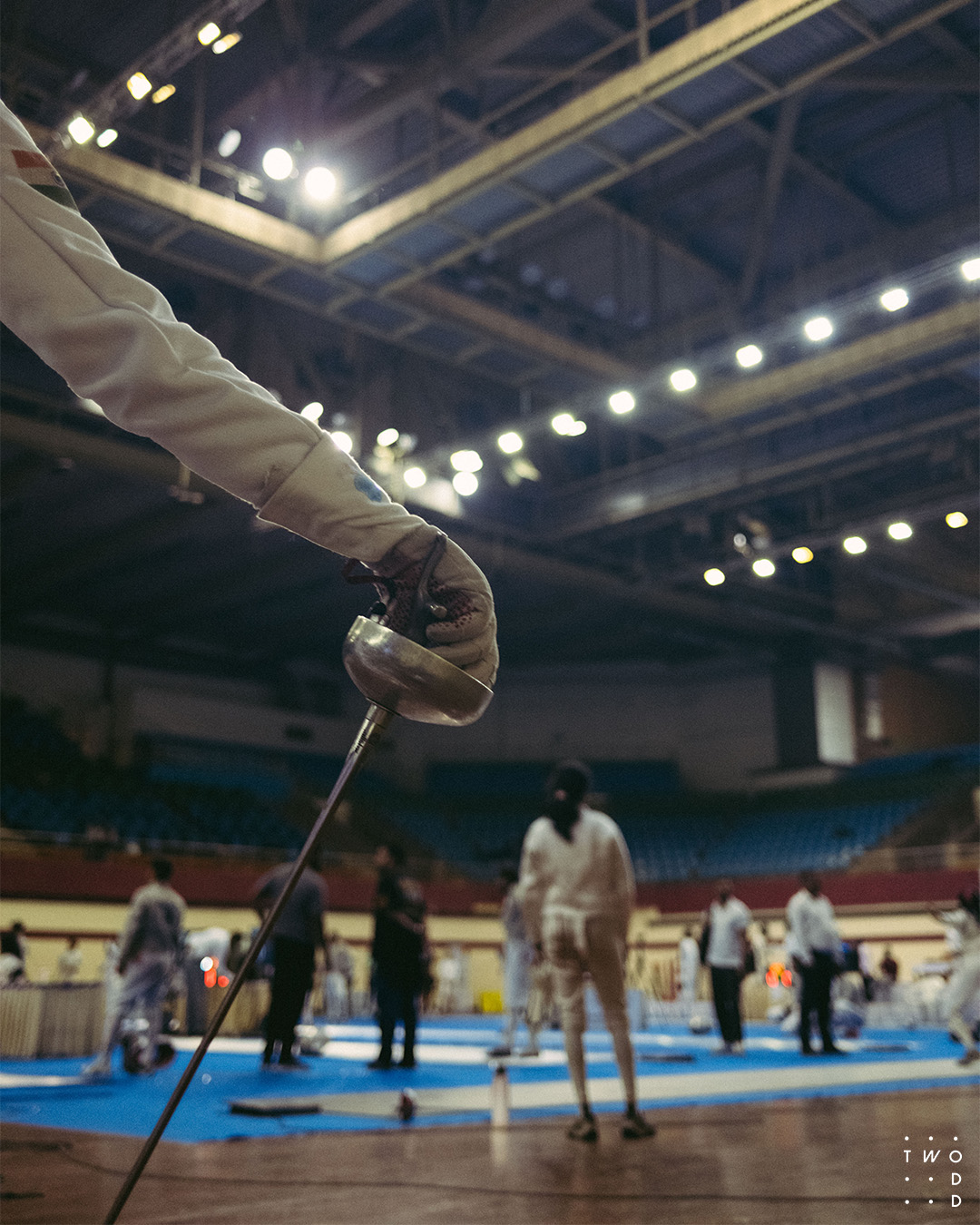
Her tenacity is truly commendable, as she boldly states her aspirations: “The Olympics and a gold medal in LA 2028 is the next big goal in my fencing career.” With her eyes set on the sky, Taniksha isn’t just aiming for accolades; she's paving the way for women in sports, and more broadly, setting an example for women everywhere to follow, lighting the way with her courageous spirit. It makes us wonder—what would India look like if every girl felt inspired to pursue sports fearlessly? How could the landscape of athletics, and society as a whole, shift if we truly encouraged young women to chase their dreams?
Creative direction and execution : Two Odd, Akshita Garud
Concept : Two Odd, Akshita Garud and Gorkey Patwal
Photographer : Gorkey Patwal
In focus : Taniksha Khatri
Words by : Lamya Roslyn
Assistant writer : Anmmol Tyagi


